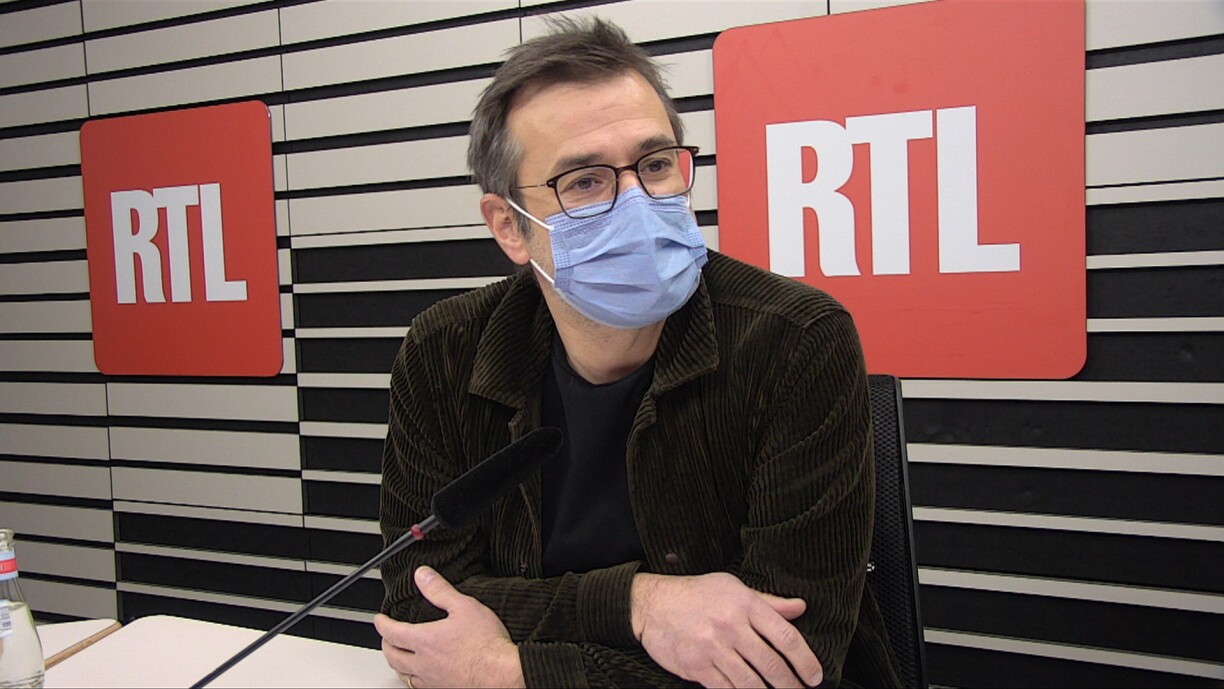
“At the CHL, no boosted patient currently has a severe form of the disease,” according to Dr Werer, who added that Omicron “has changed the situation” in hospitals.
The head of intensive care explained that at the moment, there are patients in intensive care who have tested positive for Covid-19 but who are “not ill because of Covid”. Their hospitalisation is due to other illnesses, according to the Dr Werer, who stressed that the Delta variant had a completely different effect. Nonetheless, he added, the work required to care for these people is still “very heavy”.
This “trend” can also be observed in standard care, Dr Werer went on to say. In general, patients there are split between older, mostly vaccinated individuals who are not experiencing any particularly severe symptoms, and slightly younger, often unvaccinated patients with more pronounced symptoms.
Dr Werer explained that even patients who are admitted to hospital with other pathologies, for instance a cardiac arrest, require a substantial amount of care simply because they are often also infected with Covid-19. Even if they have no symptoms, by simply being positive they have to be isolated from other patients, staff, and their relatives.
The drug ‘Paxlovid’ can indeed prevent severe forms of Covid-19, Dr Werer confirmed. He thinks that the remedy is “mainly interesting for the most vulnerable”, but also added that it must be used with caution as it can interact with other drugs.
At the moment, it is mainly the organisation that poses a problem, seeing as many staff members are unavailable, Dr Werer explained. In fact, he added, certain services are seriously beginning to reach their operating limits. For the next few weeks, Dr Werer hopes that the wave will flatten out and that the situation will slowly normalise. However, Dr Werer also thinks that it is important to “remain vigilant” regarding possible new variants.
“When people applaud us, it really warms our hearts, but it would be even better if people would get vaccinated to make our job easier by reducing our workload,” Dr Werer concluded. He added that after two years, the teams are “tired but not demotivated”.